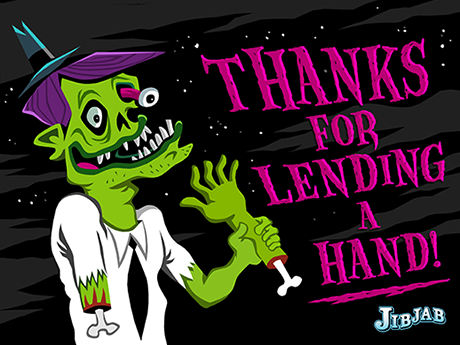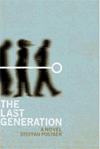Painfull yet thrilling, the advertising pitch is like a hurricane. “Post Pitch Depression.” What’s up with that?
March 15, 2014
I’m writing this on a malfunctioning computer attached to a malfunctioning human being on the long flight to San Francisco from New York. Regarding my computer: Upon pulling a wad of printouts off a table in the “war room” my laptop fell to the hard, wooden floor. I thought it had survived but now I’m not so sure. All my web pages keep opening up in extreme grandpa close-up. And while this does make my tired eyes happy it is also causing pandemonium on my desktop. I highlight this banal fact primarily to segue into my postmortem post on my pitch in NY, or PMPMP.
Quite a week. Or was it two? Without naming the client, three of gyro’s offices (including mine in San Francisco) participated in a whirlwind global pitch in New York. Hardly my first rodeo but by any standard this pitch was a doozy, replete with all-nighters and lost weekends on both coasts -pretty much everything you’d expect from just such an activity.

“I’ll kick your ass for putting down my work!”
Except, remarkably, for fighting. Given how many sleep-deprived Type-A’s were involved I’d have expected more clashing and scheming. I’m not saying we were saints but I’ve seen these pressure cookers go off like dynamite in a microwave. Didn’t happen. Not to be a homer, but maybe there is something to this “Uno” culture we talk about at gyro.
Cut to Friday, when we delivered a big, careening hurricane of people and ideas. Prior to that, the pressure had been building all week and as the first bands rippled through our offices the energy became palpable: people running around, printing docs, yelling into phones. Then when the client finally came off that elevator: total quiet. In the eye now. Hush. The adrenaline crackling like electricity… kaboom! 90 minutes of full-on energy. The pitch.
And then, just like that, it’s over…
A bit later, sitting in the cab to JFK, I find myself feeling depressed. Not because we did a bad job. Frankly, I think we killed it. So why? Did I miss the crazy camaraderie? The caffeinated late night writing sessions? The crap take-out? My colleagues?
That’s part of it. One can’t help but develop a corps d’esprit. But there’s also a strange sadness that isn’t so easy to describe. My business partner calls it “post pitch depression.” It’s a perfect name for it. After all, we’d gone through a protracted labor and given birth to three ideas (triplets!) in front of parents who may or may not even want them!! Intense!!!
Understandably, I am spent and a little shell-shocked. I don’t drink alcohol anymore but I most certainly would if I could.
A pitch is a force of nature. For all of the stress and pain it causes, they also create a Stockholm Syndrome among the participants (me anyway).
I don’t want it to end even though I desperately want it to end. I love my teammates even though I want to kill them. Weird shit like that. Post pitch depression. I’ll get over it. And there will always be another.








 The Happy Soul Industry
The Happy Soul Industry The Last Generation
The Last Generation